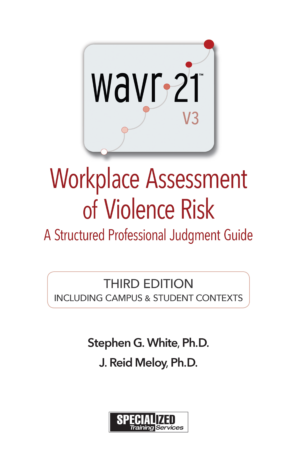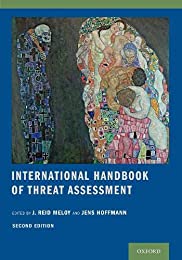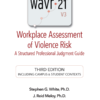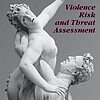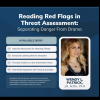Snakes in Suits: Understanding and Surviving the Psychopaths in Your Office
$24.99Revised and updated with the latest scientific research and case studies, the business classic that offers a revealing looks at psychopaths in the workplace – how to spot their destructive behavior and stop them from creating chaos in the modern corporate organization.
Snakes in Suits: When Psychopaths go to Work
Paul Babiak, Ph.D & Robert D. Hare, Ph.D.
2006, 336 pages


![Stalking, Threatening, and Attacking Public Figures [backordered]](https://specializedtraining.com/wp-content/uploads/2023/05/image-39.jpeg)








